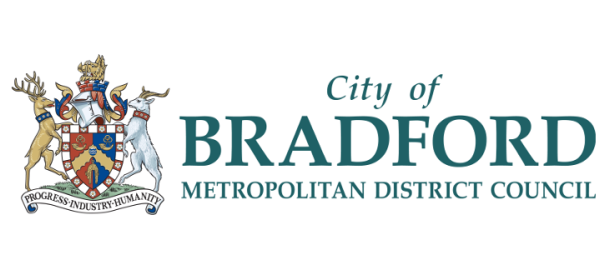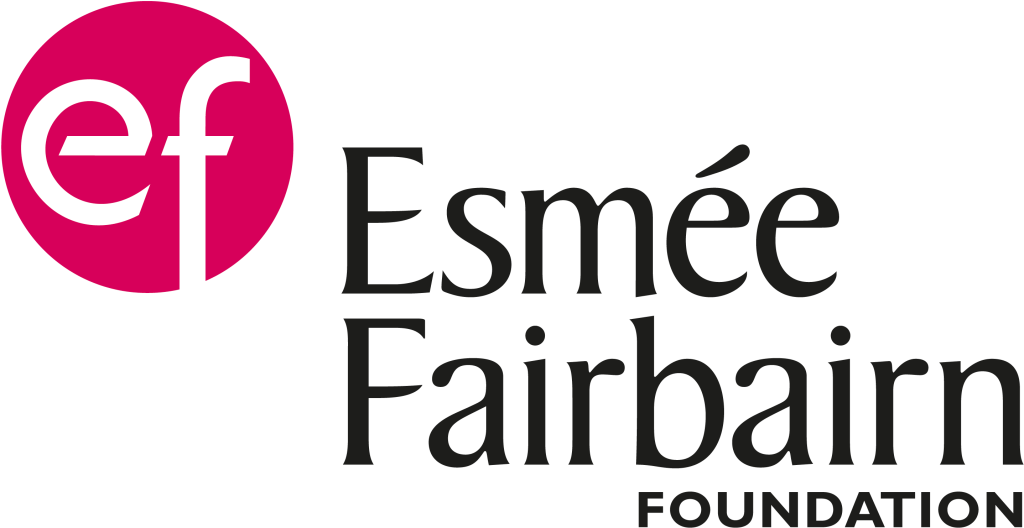This edition covers three areas:
- The People of Bradford, looks at the demographic and other social and health data and what it tells us about diversity, skills and education, health and social inequalities in Bradford.
- Cultural Participation summarises data about the complex nature of Bradford’s participation in arts and culture, sector assets and funding.
- The Creative and Visitor economy, reviews existing data on Bradford’s creative economy, visitor economy and how they both impact on the District
Each contains:
- Overview – for example, an overview of the districts demographics.
- Topics related to the main section – so under The People of Bradford, you’ll find a topic on Health.
- Gaps in the data for a specific area.
- Opportunities for cultural organisations to use the research to develop activities or programmes.
- End notes with links to resources and Appendices so you can find all the relevant data sources and research.
For each Topic, we provide some or all of the following:
- Topic summary
- Headline data
- Key bullet points – in some cases simply be the headline data as a bullet list.
We also suggest how creatives and arts organisations can:
- Embed research data and research priorities into their work.
- Think about working with researchers and public sector organisations to align with priorities around regeneration, community development and social impact.
These will both become increasingly important in the build-up and delivery of BD2025.
Please note that this review is based on existing research, and will in time require updating. Therefore, it should be seen as a ‘living document’ that we hope to be able to update as new information and research is undertaken.









